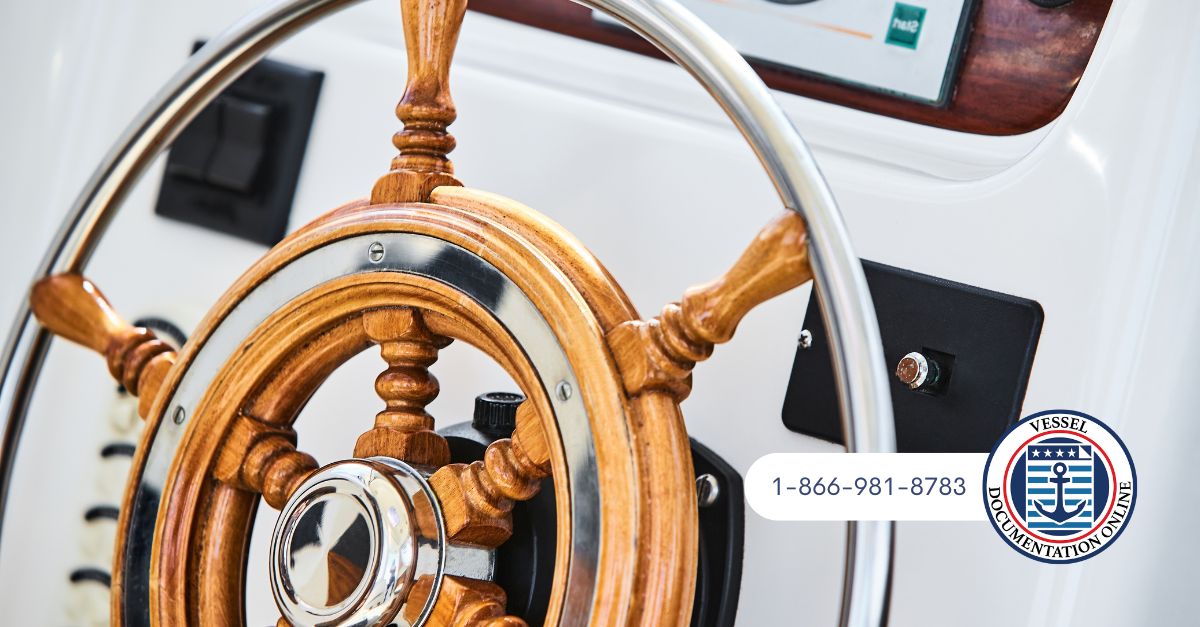Federal Maritime Tax Compliance and Documentation
Federal tax regulations for marine vessels encompass multiple agencies and requirements beyond standard business taxation. The Coast Guard documentation process affects tax treatment, while customs regulations impact imported vessels and equipment purchases. Understanding these interconnected requirements prevents costly compliance issues.
Depreciation schedules for boats follow specific IRS guidelines, with different asset classes for various vessel types. Luxury tax thresholds apply to high-value recreational boats, while commercial vessels may qualify for accelerated depreciation methods. State registration requirements also influence tax obligations, particularly for vessels operating in multiple jurisdictions.
Professional marine tax services ensure compliance with evolving regulations while identifying opportunities for legitimate tax savings. From initial vessel acquisition through ongoing operations and eventual disposition, proper tax planning maximizes financial benefits while maintaining regulatory compliance.




